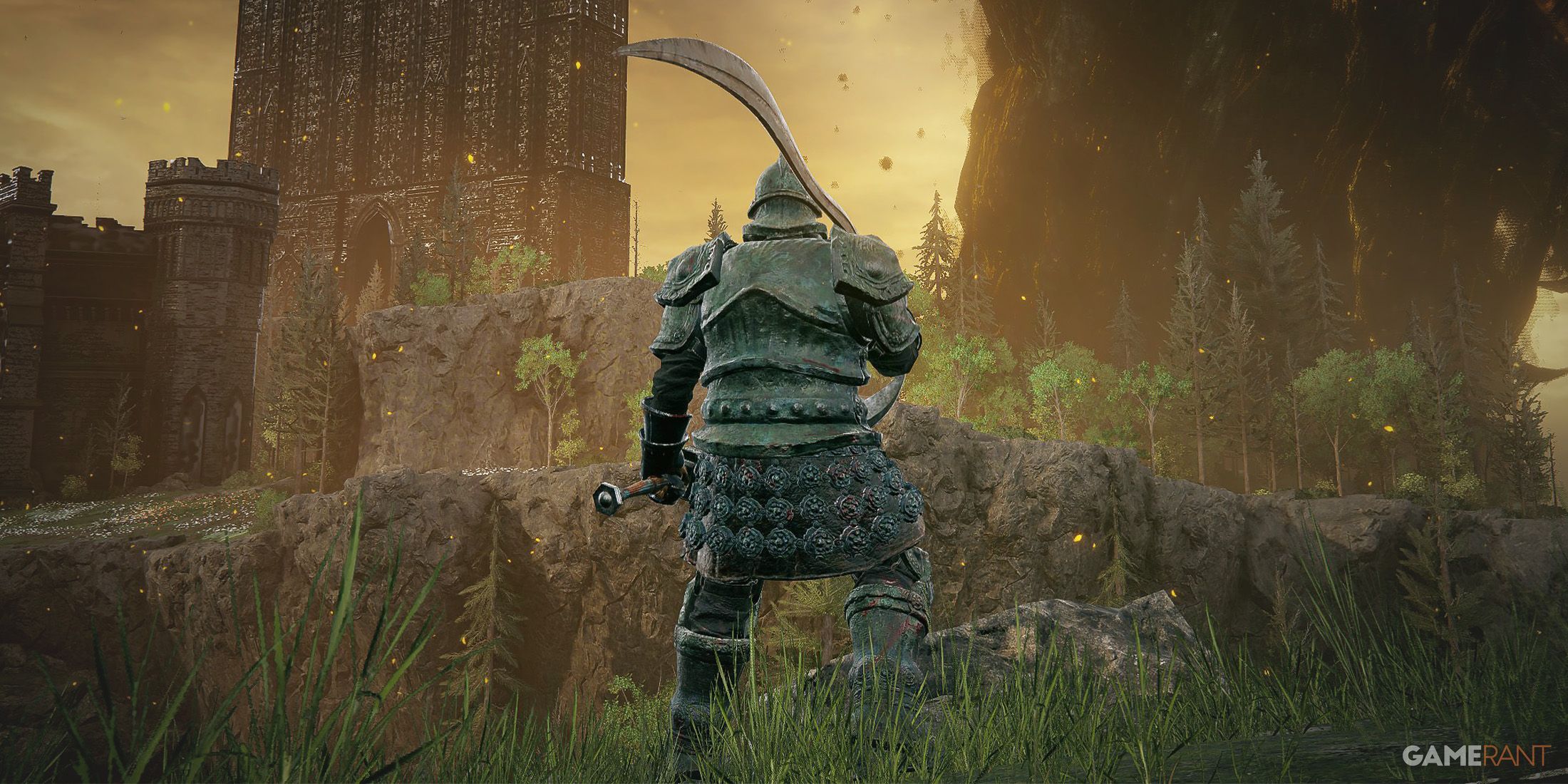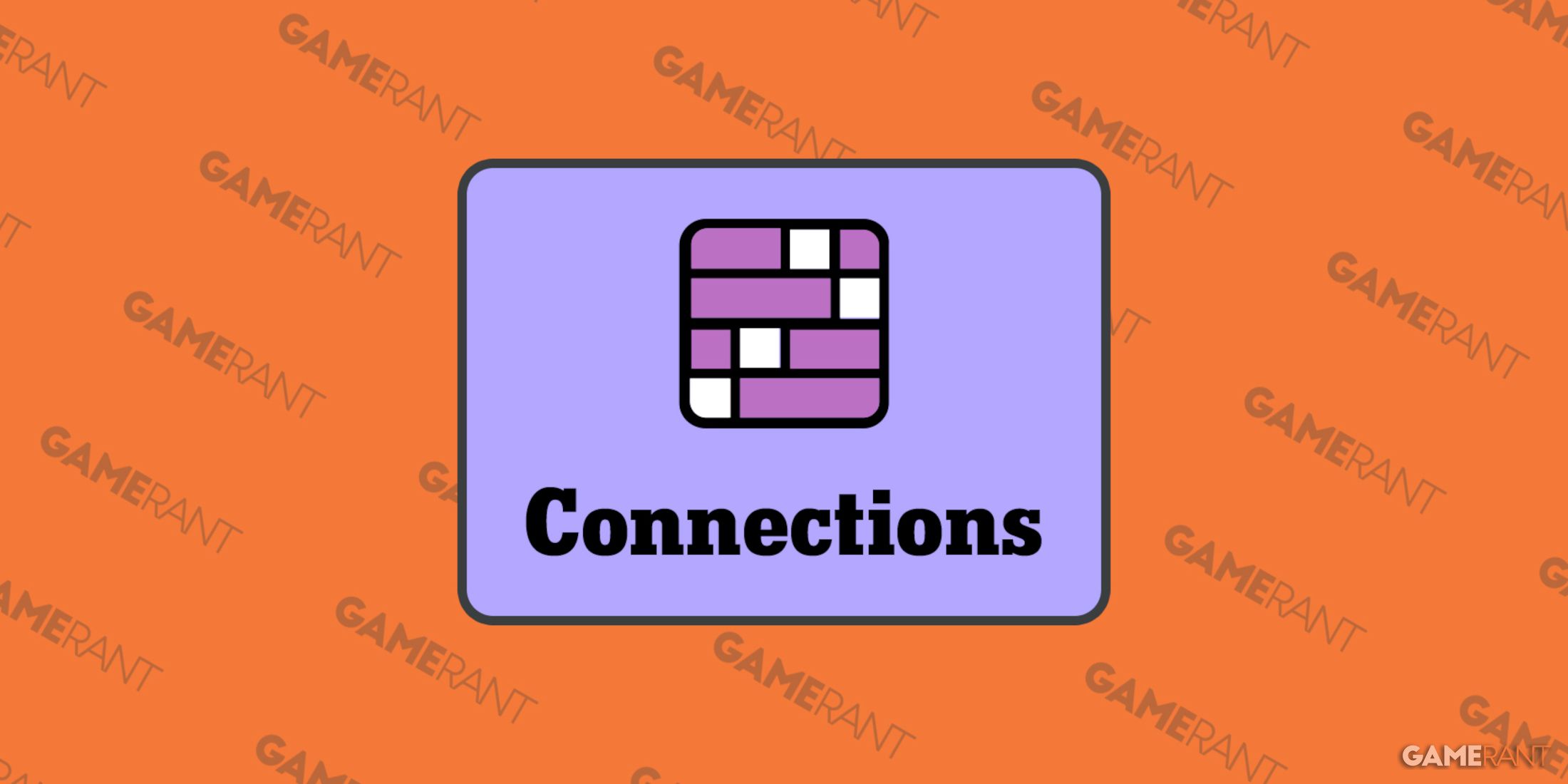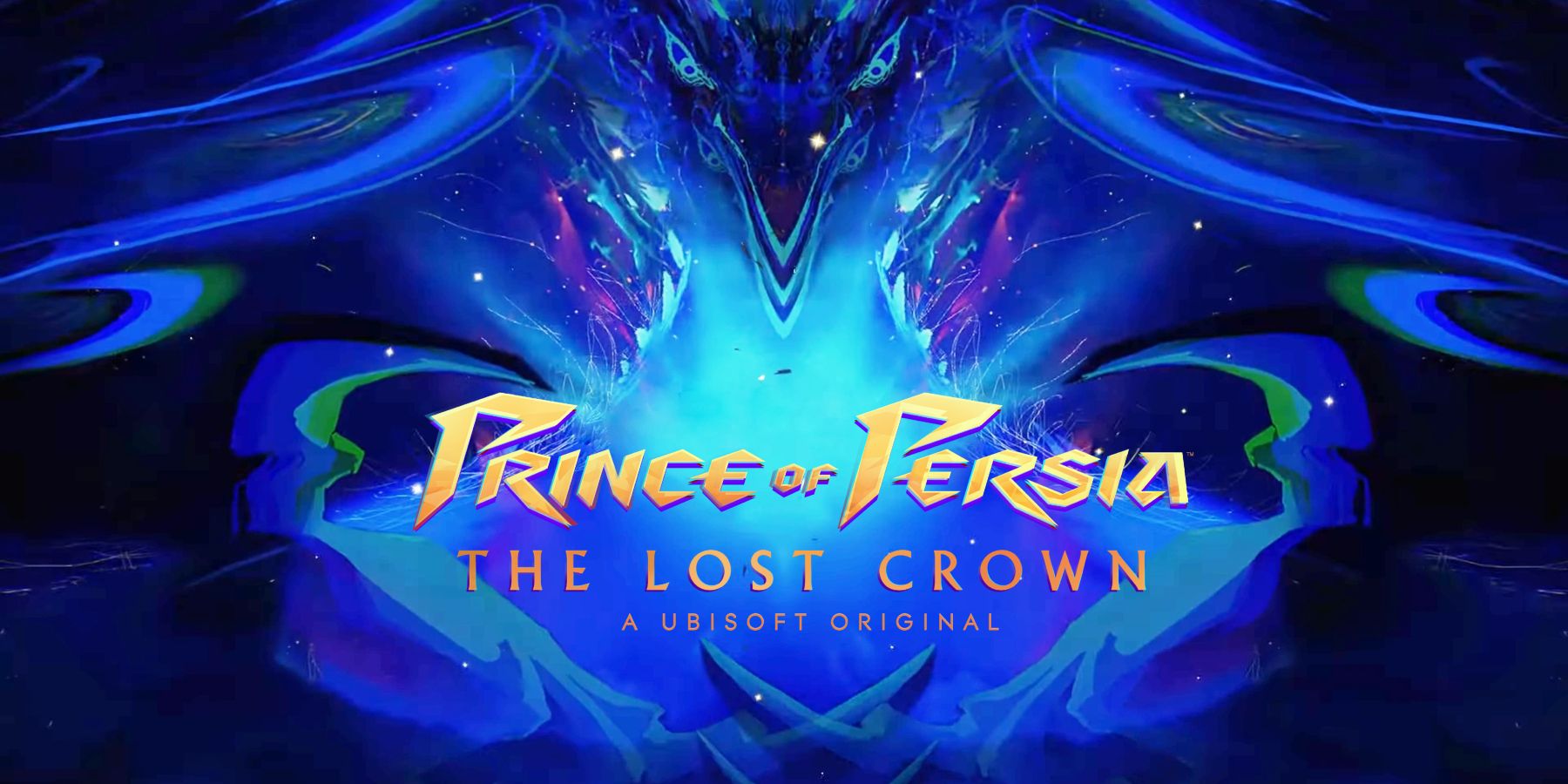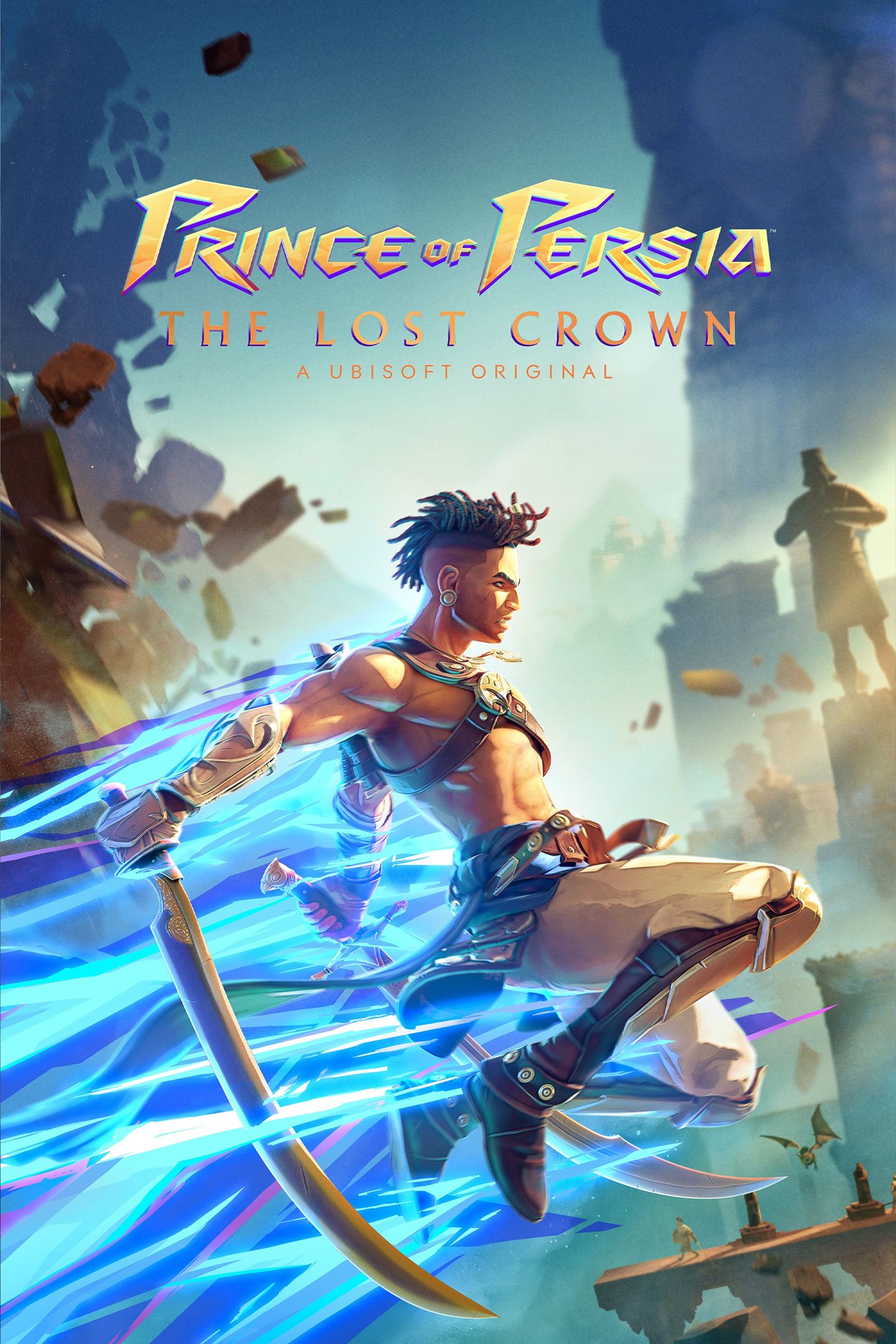MAJOR SPOILERS AHEAD for Prince of Persia: The Lost Crown
Over the last decade or so, meta humor has become a pretty popular form of comedy. While meta humor has been passed around the stand-up scene for a long time, this particular brand of humor hit the mainstream in a big way back in the 2010s with the release of Deadpool, with the titular anti-hero's targeted jokes toward Marvel, Fox, and the superhero movie genre as a whole feeling pretty fresh at the time. Since then, meta humor has started to creep into most forms of entertainment, and that includes games like Prince of Persia: The Lost Crown.
Thankfully, Prince of Persia: The Lost Crown isn't Deadpool, nor is it trying to be. For the vast majority of its runtime, Prince of Persia: The Lost Crown is dedicated to telling a rather complex narrative that involves regicide, orphaned sons, found family, and the quest for ultimate power, but in between all that, Prince of Persia isn't afraid of having some fun. While Prince of Persia: The Lost Crown certainly couldn't be considered a comedy, it does have a few lighthearted moments sprinkled in, and there's one tongue-in-cheek reference that seemingly points at the franchise's real-world mishaps.
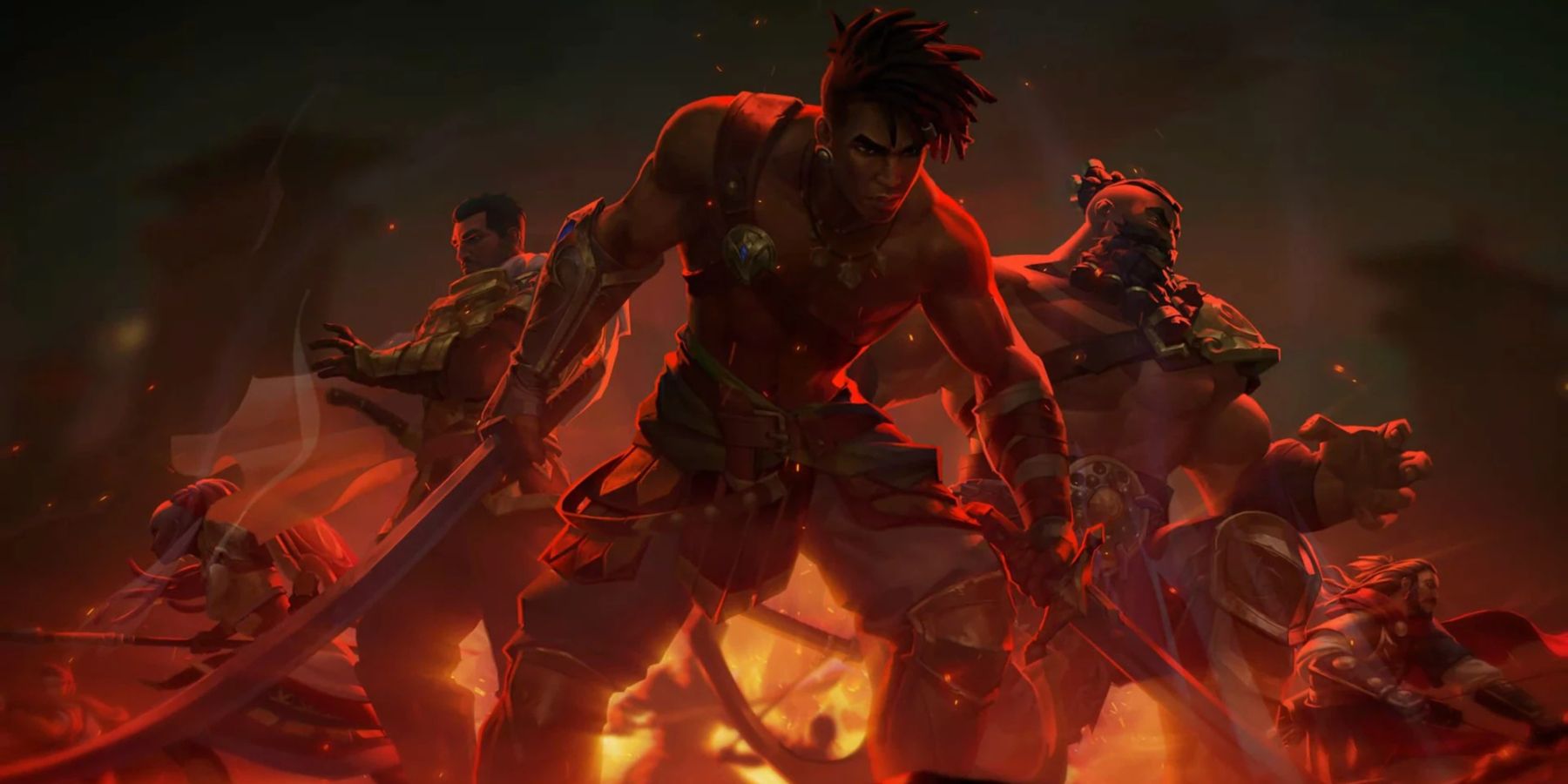
Prince of Persia: The Lost Crown's Ending Explained
Prince of Persia: The Lost Crown has a rich narrative that deals with adult themes and time-bending powers, and its ending is pretty explosive.
Prince of Persia: The Lost Crown's Final Battle References The Series' Many Reboots
Prince of Persia's All-Mighty Simurgh Pokes Fun at the Series' Past
Throughout Prince of Persia: The Lost Crown, it's made repeatedly clear just how important the mythological bird god Simurgh is to Persia and its people. An all-powerful, dimension-hopping being, Simurgh is said to choose the next ruler of Persia, but it hasn't been seen for decades. At the end of Prince of Persia: The Lost Crown, it's revealed that 30 years ago, Queen Thomyris murdered King Darius, attempted to murder a young Vahram, and destroyed the Simurgh so that she could take the throne.
In an attempt to gain ultimate power and reclaim his throne, an adult Vahram plans on consuming the remaining heart of the Simurgh, an act that will decimate the world. Right before Prince of Persia: The Lost Crown's climactic battle, player-character Sargon is faced with this image of pure destruction, and falls to his knees, feeling utterly defeated. The voice of the Simurgh then speaks directly to Sargon, uttering the words, "Thrice, I have seen the universe born."
While this could just be a fun little coincidence, this line seems like a meta reference to the Prince of Persia franchise itself, with it having gone through three "rebirths," the first being Prince of Persia: The Sands of Time in 2003, the second being Prince of Persia in 2008, and the third being The Lost Crown. Already, this is a nice little tongue-in-cheek reference for long-time fans of the Prince of Persia franchise, but if this is in fact what the developers intended to convey with this line of dialogue, then that actually gives Simurgh's next lines some even deeper emotional resonance.
After stating "Thrice, I have seen the universe reborn," Simurgh then proceeds to say, "Rising from the void, carrying fragments of future suns. Light cannot be born without darkness." Though this is probably even more of a stretch, if this line is also making a meta reference to the franchise's many reboots, then it puts quite the hopeful spin on it all, essentially suggesting that there was some good even in the bad and that they've all been a necessary part of Prince of Persia's journey as a franchise.

